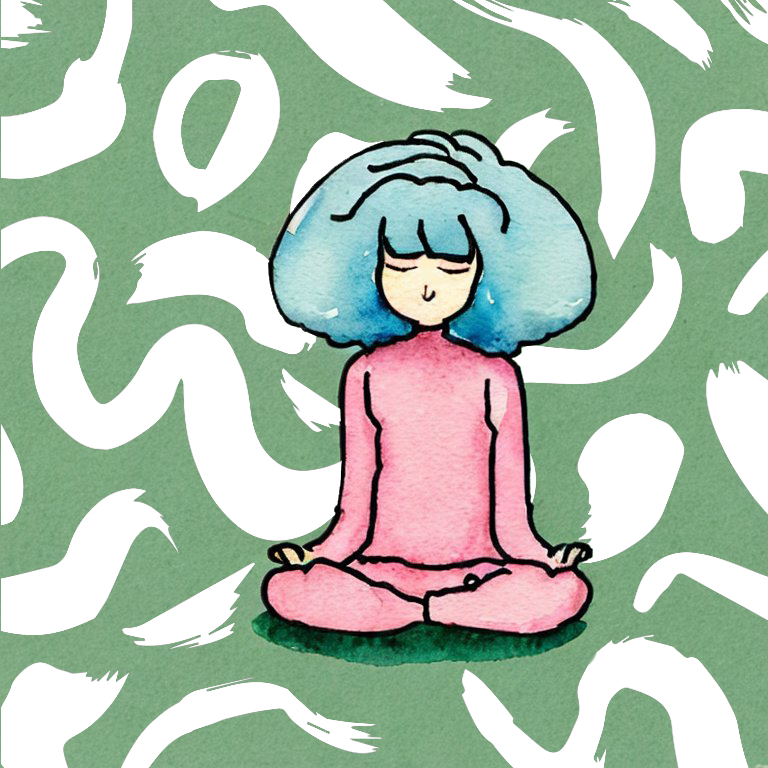Teachers: Here’s How to Recharge Your Mental Health
If you’re like many teachers, then summer break never feels long enough. The first day of school comes around too soon, and you’re back to the hustle before you’ve fully rested. And teachers are more stressed than ever, with over 90% of teachers reporting that burnout is a serious problem in the profession.
Make sure to use your time intentionally to rest, recharge, and take care of your mental health.
How can teachers make sure to recharge?
It’s important to use your time in an intentional way. It’s so easy to get sucked into activities for others’ sake – your kids, your spouse, and so on. But what about you? What is it that you need this year? How can you use this time to rest and reset your mental health?
Here are some self-care activities to put on your to-do list:
Rest in any way you can
One of the most important ways you can use this time is to simply rest. Many teachers feel pressured to be productive, whether it’s because of financial concerns or simply an internal drive to achieve. But resting is one of the best things you can do for your overall work performance and productivity. It’s also one of the best things you can do for your students.
Rest can mean different things for different people. Some people may simply need to make sure they’re getting enough literal rest at night – 7 to 9 hours of restful sleep. But resting could also mean resting mentally; allowing your mind to rest from constantly worrying about your students. Rest could mean enjoying activities that make you feel at ease.
Whatever rest means to you, get plenty of it!
Keep strong boundaries
Another thing you can do to recharge your mind is to build and keep strong boundaries between your work and the rest of your life. Of course, teaching is different from most other professions in that it may be challenging to “leave work at work” all the time. It’s natural to think and worry about your students even when you aren’t with them.
But, as much as possible, create boundaries. Allow your work cell to run out of battery. Remember who you are outside of being a teacher.

Get outside
Spend time outdoors. Research shows that spending time in nature can help ward off effects of stress, depression, and anxiety. If you’re going on a trip, consider incorporating some nature time – like a weekend camping.
Even if you live in a big city, you probably have some green space within city limits. You don’t need to go on a camping trip to reap the benefits of nature (although, if you can, that’s wonderful!). Even having a picnic under the trees at the local park will do.
If it’s possible, try combining your nature time with physical exercise – you could go for a hike, play with your kids outside, or take your dog on a walk in the woods. Exercise is another evidence-based way to care for your physical and mental health.
Set up a regular mindfulness practice
Lastly, mindfulness is a science-backed way to reduce stress and anxiety, become more aware of your emotions, improve your relationships, and more. And you don’t need to go to a retreat or meditate for hours a day to benefit from mindfulness. You can practice mindfulness any time, anywhere – it’s just about learning how to be present in each moment. There are many easy ways to incorporate mindfulness into your day.
Best of all, mindfulness is like any skill. When you practice it, it becomes easier and more natural over time. By starting a regular mindfulness practice, you will have stronger skills during the school year to handle the curveballs that you encounter in your classroom.
Calm Classroom isn’t just for students – many teachers use our activities at home, as well. And well over 80% of our teachers report feeling more relaxed and less stressed after using our program.





SIGN UP FOR OUR NEWSLETTER